Lesson #3: Accountability & Next Steps
Hi. It’s me again, the Festival and Community Engagement Manager at Luminato. I hope that 2022 is treating you ok so far. My hair is shorter. But after a tumultuous holiday that landed me in the ER (unrelated to Covid19), I’m feeling good, energized, and shall we say… purged.
In March of last year, I was challenged by our Access Advisory to express what I’ve learned from my (mostly able-bodied) perspective. I am not speaking on behalf of anyone in the Mad, Deaf and Disability communities, please check out the links in this article to hear/see those stories.
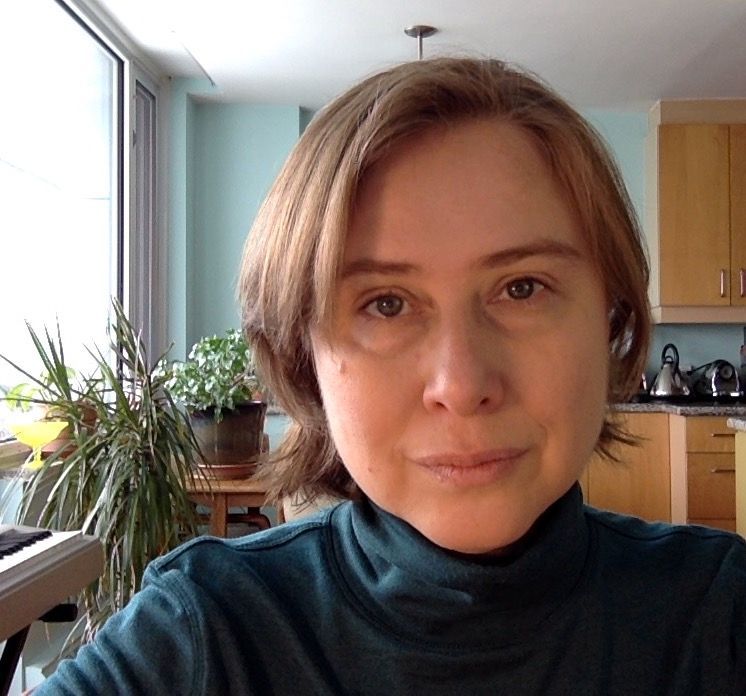
In my last (and first) blog post in December, I promised to continue recounting the five lessons I’ve learned since 2018 when I first met Christine Karzca (through Luminato) and began understanding “accessibility” in a more profound way.
Before reading this blog, please check out this podcast.
The Accessible Stall by Kyle Khachadurian and Emily Ladau
“Look, we know non-disabled people mean well. And I mean, we love lots of non-disabled people! But you can totally understand why we’re skeptical… right? It’s nothing personal, we swear! You know what, just give this episode a listen, you’ll get it!”
A transcript for this episode can be found here. Transcription services by Opal Transcription.
The post Episode 94: Skepticism While Disabled appeared first on The Accessible Stall.
This year we are increasing our investment in the creativity and guidance of our Access Advisory, expanding our committee to nine exceptional community members: Natasha “Courage” Bacchus, Shay Elrich, Art Gunter, Jack Hawk, Sean Lee, Christine Malec, Gaitrie Persaud, Jen Roy, and Jessica Watkin.
Members meet with the programming team four times a year to offer guidance, as well as meeting with our staff during our biweekly Lunch & Learns. Throughout the year, members lead specific projects from ASL classes to website consults to panel discussions, in addition to the festival programs.
A Recent Wrong Direction
As someone who really tries to not make people feel bad, I’m so excited (read: terrified) to share with you some of the hurtful and embarrassing mistakes I’ve made. I will not get into ALL of them, but let’s start with the most recent: my last blog post.
My blog post was a classic example of stepping on someone else’s light, which can also be called erasure . On a day that was specifically designed to spotlight the voices and talents of the international Disabled community, I chose to share my story about my learning. I was called in for that, and rightly so. I cannot undo that action or magically repair the hurt that I caused, but I can (and did) apologize, make small edits to reframe the article so it leads with names and voices of Luminato’s Disabled staff, contractors, and artists, and keep my article online ( with Instagram link included ) so as to not rewrite history (AKA pretend I didn’t cause this harm).
Unfortunately, making mistakes is going to happen. The fear of making mistakes can be so overwhelming it can lead to avoidance…such as “I just won’t write this blog,” which then sparks a whole series of justifications of why not writing the blog would be the “right thing to do.”
But if I just avoided writing this blog, then I have not done what I’ve been asked to do which is to share what I’ve learnt, which is simply – missteps are going to happen. The goal is to learn from them. And, as one advisory member said in another context, “The point is to not make the same mistake again.”
A recent recommendation from an Access Advisory Member
Margeaux Feldman (they/them) is a queer nonbinary femme witch living with chronic illness and complex trauma currently living on Treaty 7 Territory in Mohkínstsis or what is colonially known as Calgary, AB.
Another Misstep From Last Year
This leads me to another situation back in the fall of 2020, during our second Advisory meeting, when I posed the question along the lines of , “If you had the opportunity, how would you approach programming the festival?” I cannot remember if I used those exact words. In my mind, I thought I was asking those with programming knowledge how they approached accessibility when planning. But the way I phrased it, people thought I was asking either for specific program ideas, and even more offensively, asking them how they prioritize access. At that point, I had been using the idea of increasing Luminato’s access to “60%”, that the majority of all programs would be accessible in multiple ways. But I soon learned that the very idea of creating metrics like that is offensive and against the idea of inclusion. Inclusion is 100% or it just isn’t inclusive.
Based on that Advisory meeting, the new goal was 100% access – all productions would have a Visual Story, captions and/or transcripts, ASL interpretation or ASL summaries for non-verbal programs, and Audio Described performances. There would be a series of Access programs curated, created, and featuring Deaf and Disabled artists, predominantly IBPOC artists. That meeting was instrumental in shifting my entire approach. As the advisory made clear: there is no hierarchy, everyone deserves the same level of consideration and respect.
I want to see a future where we are ready for the change now, but that we’re willing to be humble enough to know where our place in that change is, and how we might be a part of bringing about that change.
– Jenna Reid
Crip Times Episode 9: The Jenna Reid Episode
Produced and hosted by Yousef Kadoura, Kayla Besse, and Kristina McMullin.
On this episode, Kayla and Kristina are joined by Jenna Reid. Jenna speaks about Mad Movements, their histories, their teachings, and how embracing Madness can support the goal of abolition. They discuss the role of Madness in bringing an ethic of care to academia, the (in)accessibility of online activism, and the politics of working from bed.
Now, as we prepare for 2022, which hopefully will be in person, we will aim to push our commitment to Accessibility even further. So, without that mistake, Luminato would still be thinking too small.
Next month, we’ll delve into my fourth lesson: How to Collaborate.
– Cathy Gordon
Learn more about Accessibility in the arts from our Access Advisory by visiting these resources:
Access Advisory Spotlight Radio LUMI interview with Jessica Watkin by Christine Malec
https://www.buzzsprout.com/1793756/9376641-8-30-pm-access-advisory-spotlight-jessica-watkin.js?container_id=buzzsprout-player-9376641&player=small
This episode of Radio LUMI features an extended spotlight chat with Jessica Watkin, who’s a member of the access advisory for Luminato. Jessica is a PhD candidate at the Centre for Drama Theatre and Performance Studies at UofT. She studies disability and performance. How are disabled artists creating and getting support? She’s also an artist and consultant in Canada, and has a collection of disability plays from Playwrights Press, coming out this fall which we will get to during the course of our conversation, because that’s very exciting.
View the episode transcript here.
Access Advisory Spotlight Radio LUMI interview with Jack Hawk by Ramya Amuthan
https://www.buzzsprout.com/1793756/9379296-7-pm-access-advisory-spotlight-jack-hawk.js?container_id=buzzsprout-player-9379296&player=small
This episode of Radio LUMI features a spotlight on Luminato Access Advisory member, Jack Hawk.
Jack is the outreach coordinator at Tangled Art + Disability and his involvement with the Luminato Advisory Committee led to this conversation. Get to know Jack and learn more about his work in this Radio LUMI episode!
View the episode transcript here.
Want to learn more about accessibility in the arts and how accessibility helps everyone? We will be sharing updates in our Access Hub each month. Sign up for our newsletter and follow us on socials to get the latest updates!
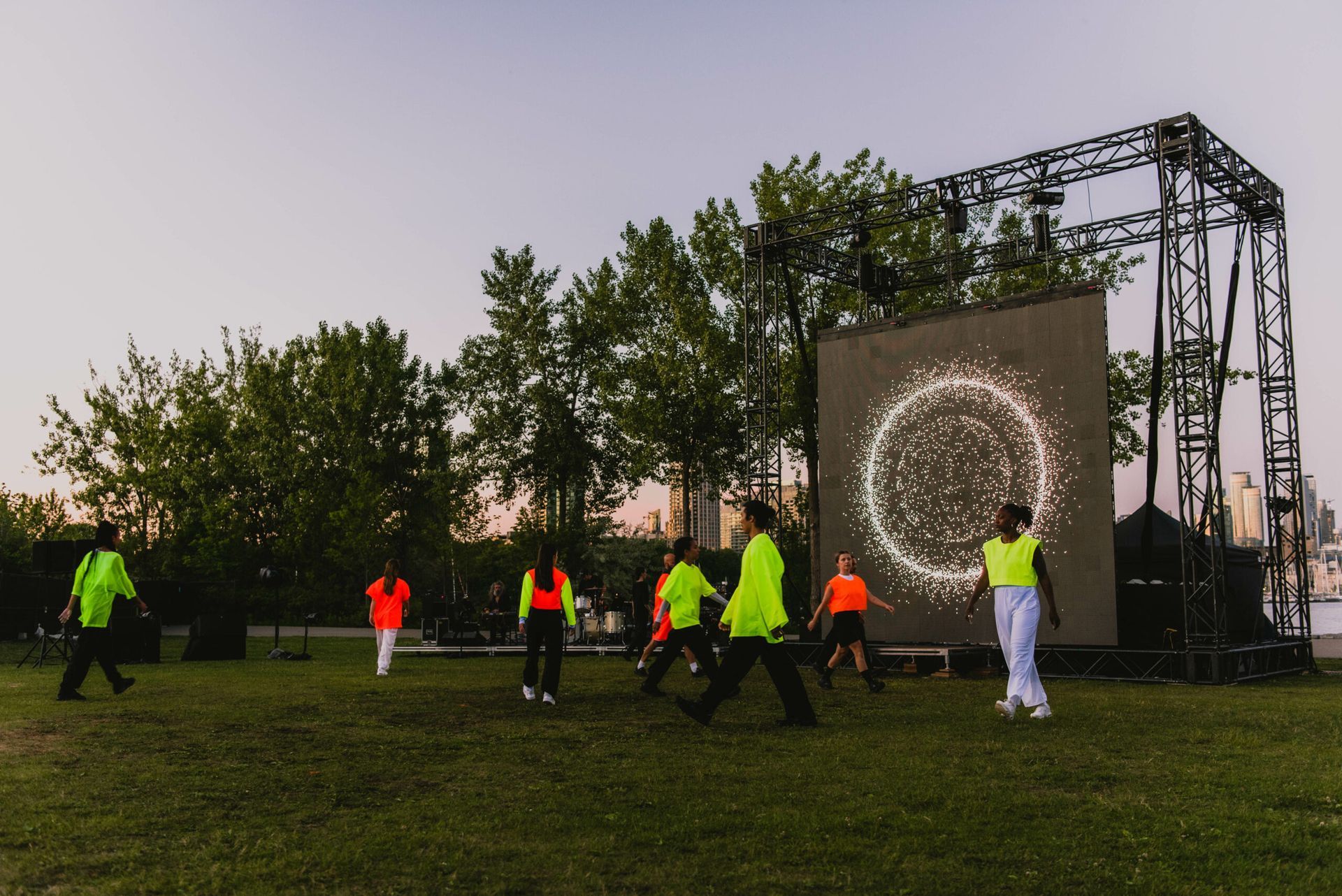
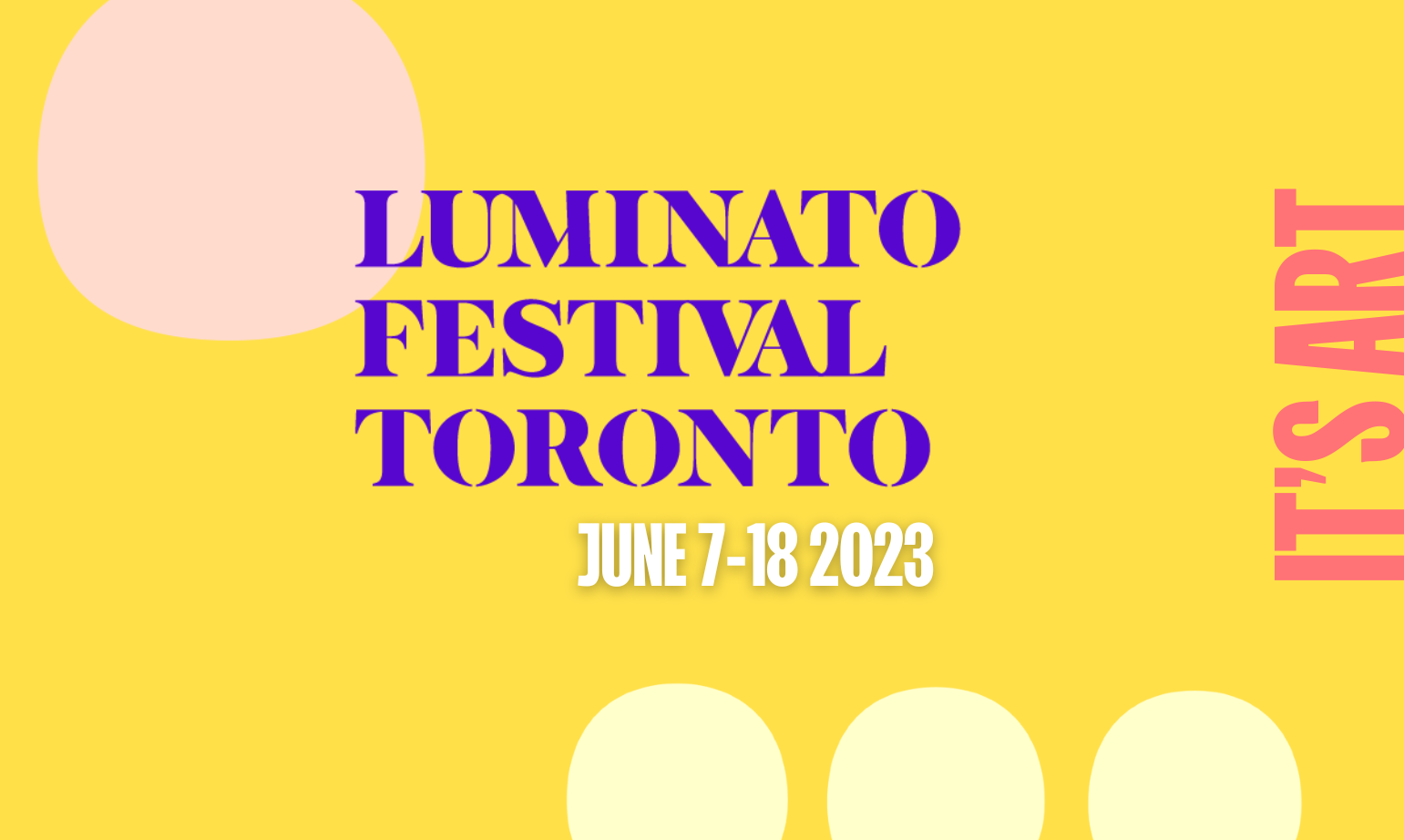
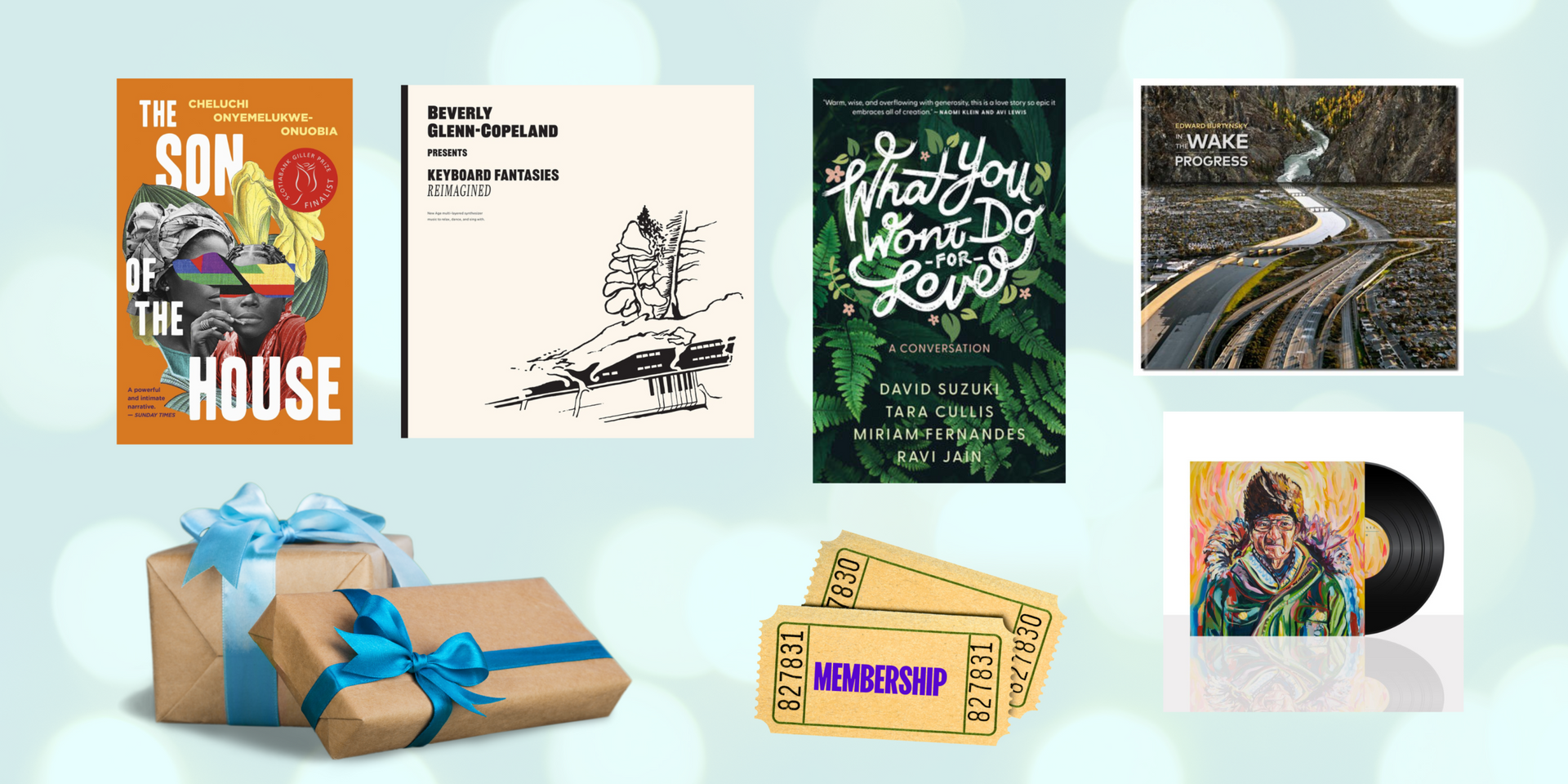
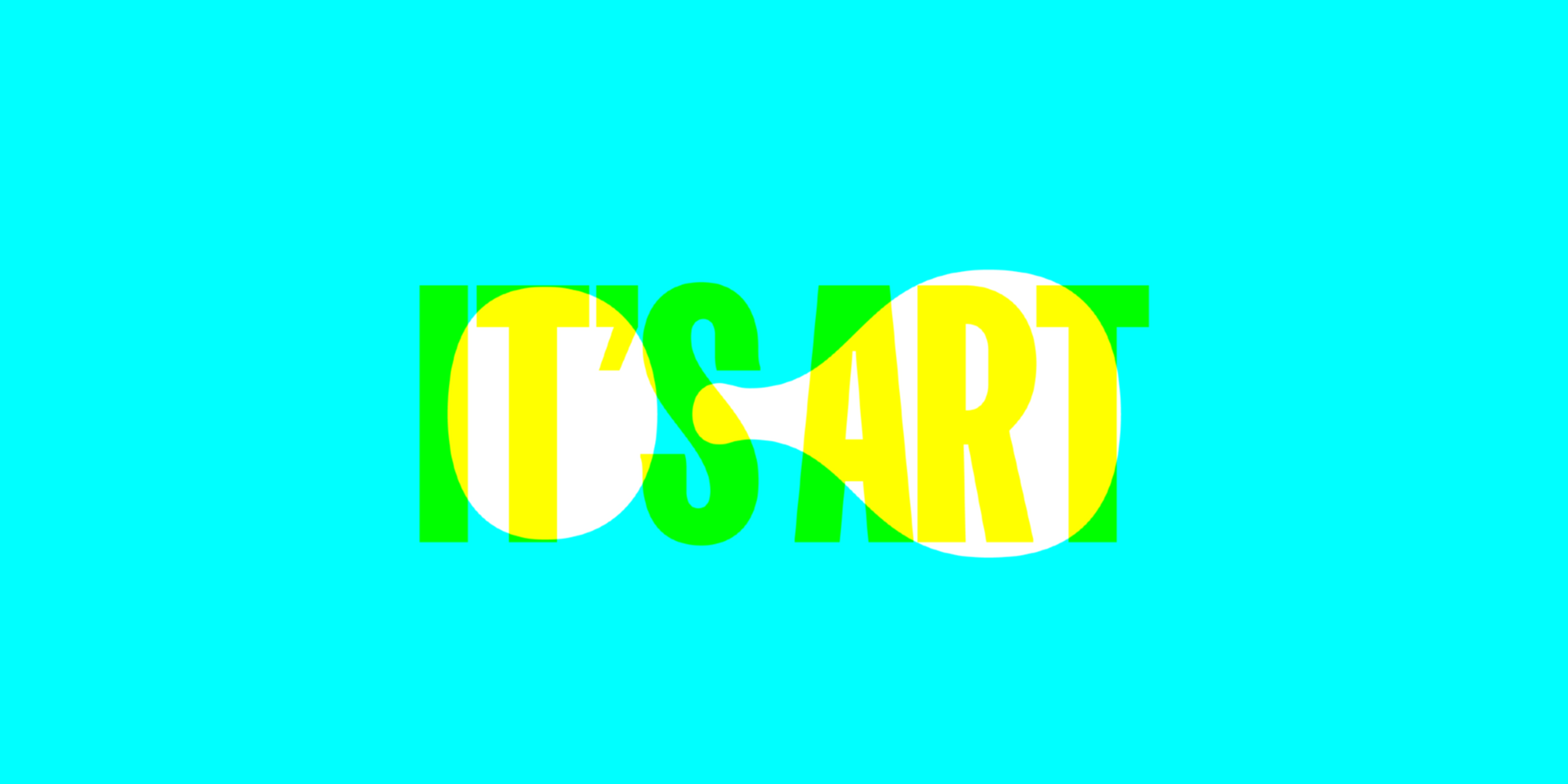
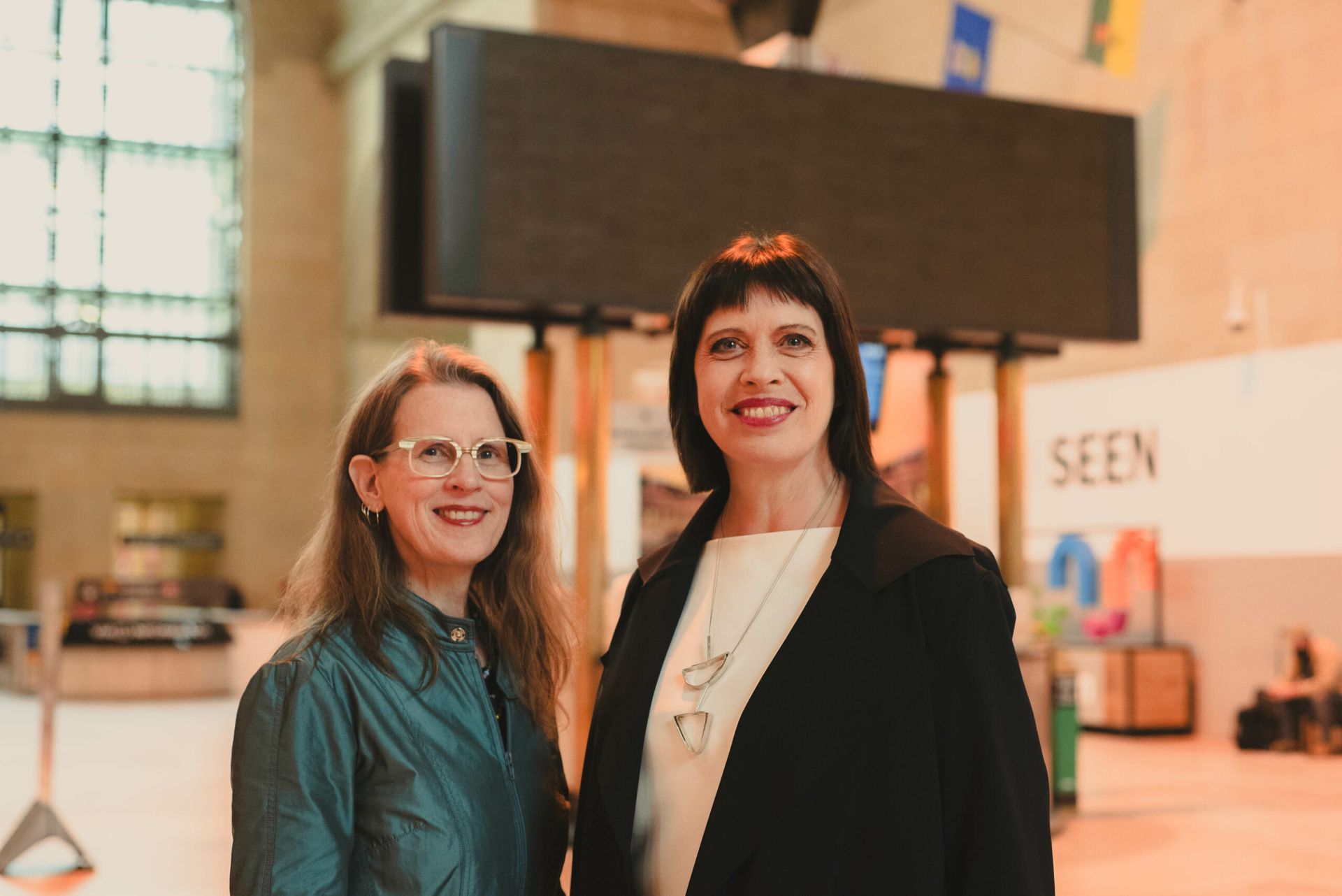
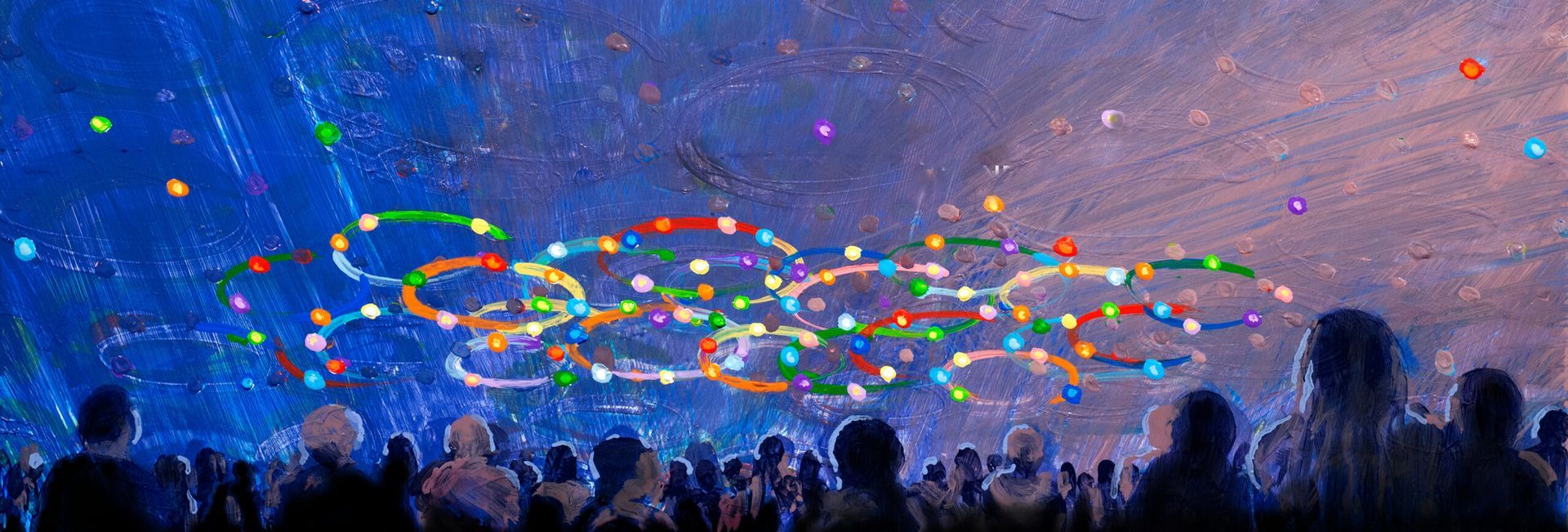
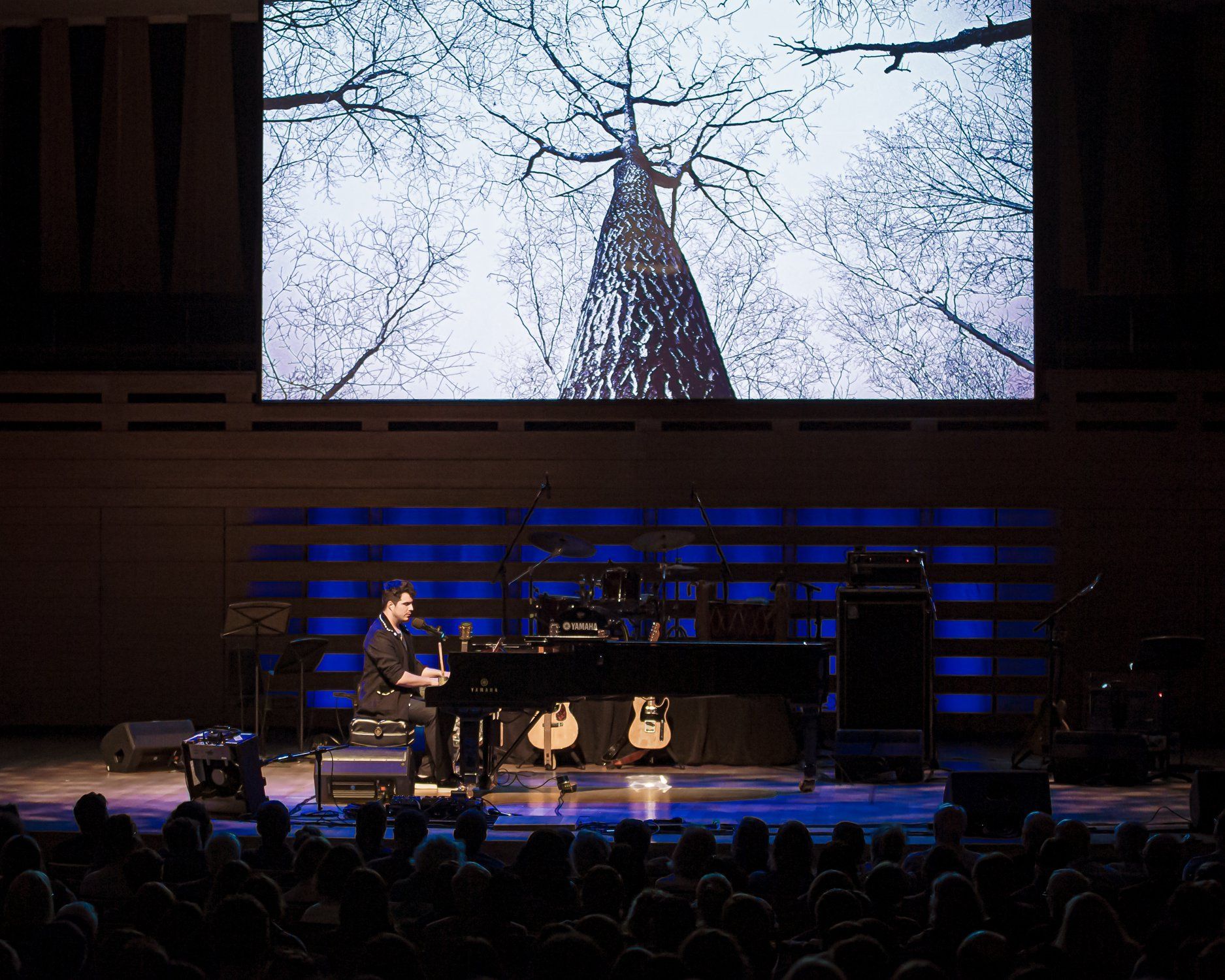
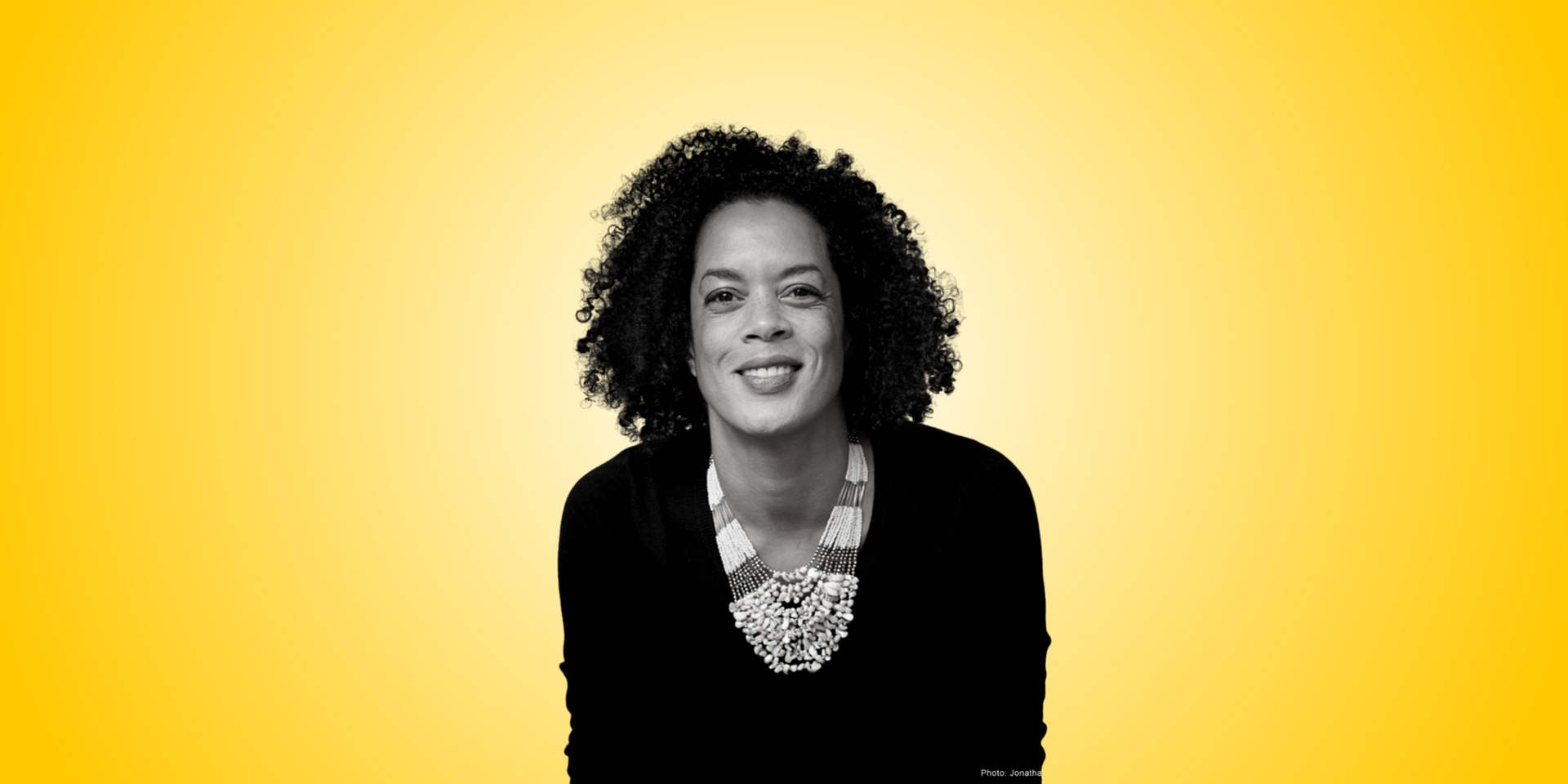
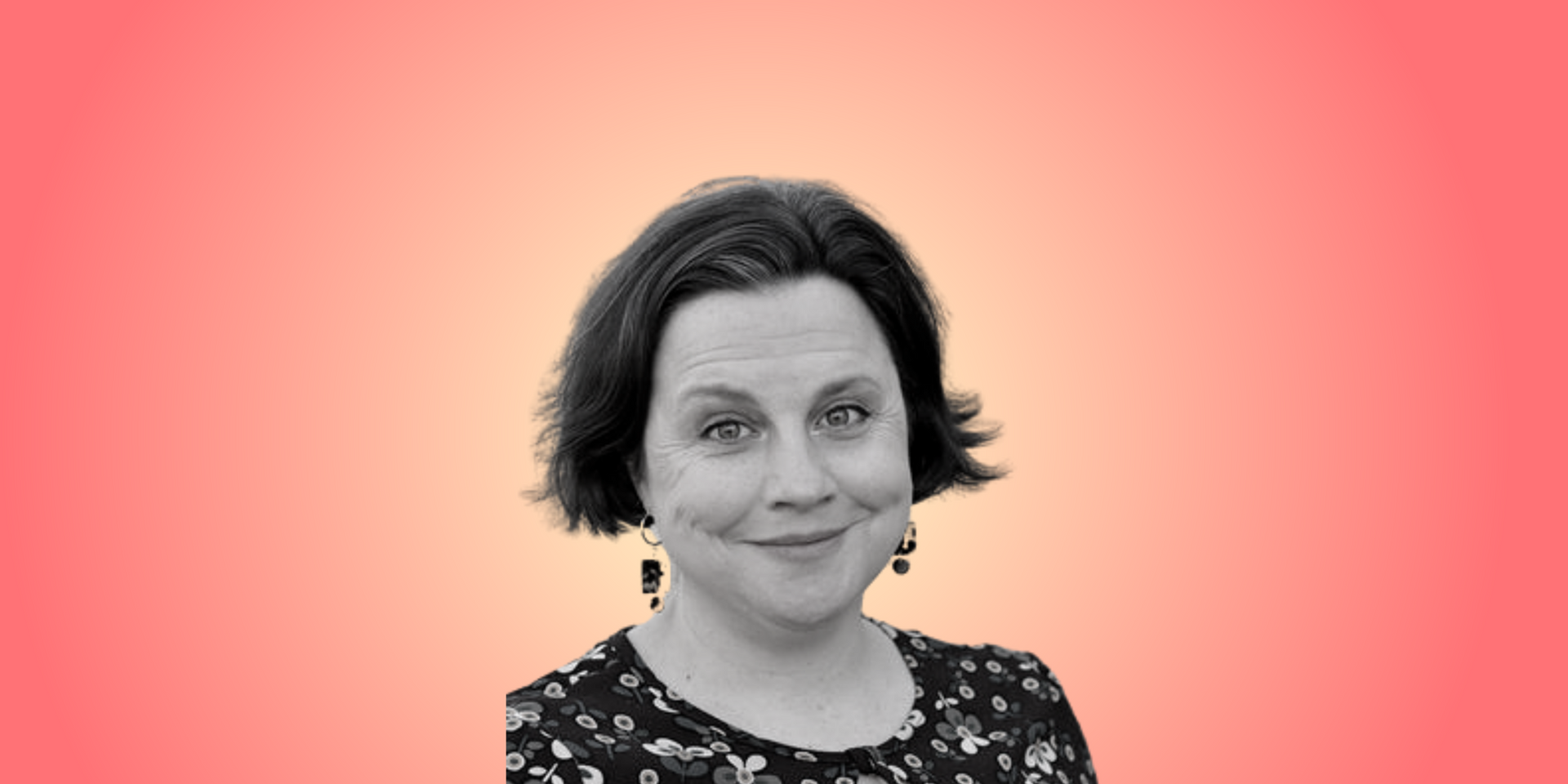
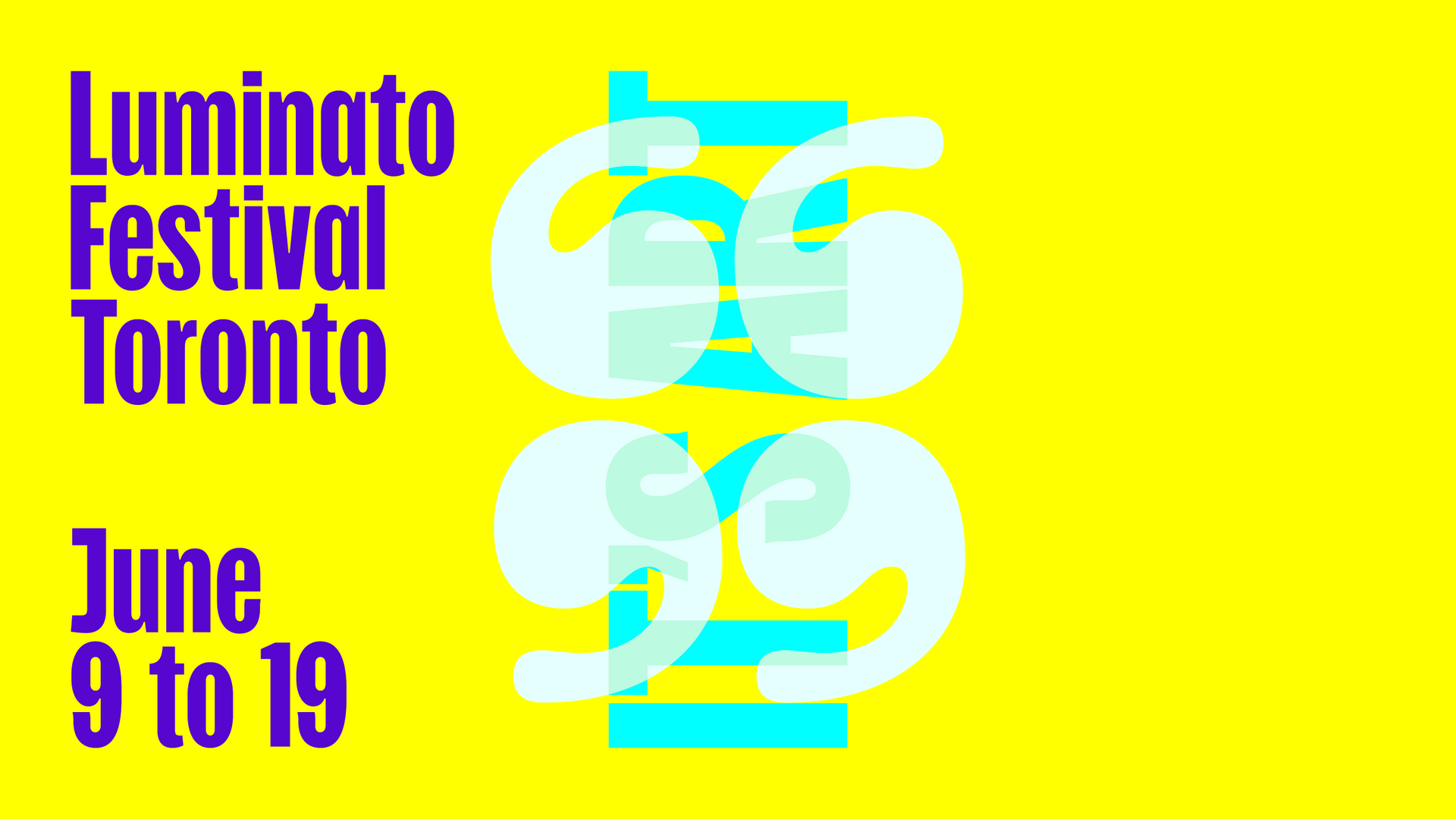
© 2025 Luminato Festival Toronto, All rights reserved.
Privacy Policy
|
Terms and Conditions
